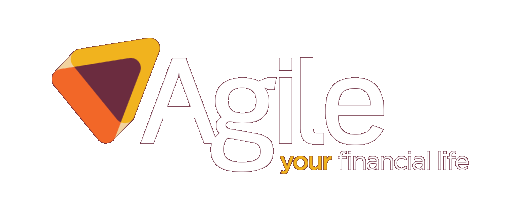The Magnificent Seven might conjure up images of the 1960s Western film or its 2016 remake, but there’s a new group in town – seven technology companies that outgained the market in 2023. Read on to find out more about these companies and the effect they’re having.
The S&P 500 is an index that tracks the stock performance of 500 of the largest companies listed on stock exchanges in the US. It’s widely regarded as a gauge for measuring the performance of large-cap US equities as it covers around 80% of the total market capitalisation of US public companies.
In January, the S&P 500 reached a new high. However, far from indicating a strong performance across the index, just a handful of companies, dubbed the “Magnificent Seven”, were largely responsible.
The 7 technology companies that are boosting the S&P 500
The Magnificent Seven has a huge market value. In fact, the seven stocks are the same size as the entire stock markets in the UK, Canada, and Japan combined. Analysis from Deutsche Bank also found the combined profits of the companies exceeded almost every G20 country in 2023.
The Magnificent Seven are all technology stocks and include:
- Alphabet, the parent company of Google
- Amazon
- Apple
- Meta, the parent company of Facebook
- Microsoft
- Nvidia
- Tesla
Individually, the stocks of these companies soared between 50% and 240% in 2023. As a leader in AI, Nvidia saw the biggest gains and it may continue. In less than a year, the chipmaker doubled its market cap to reach $2 trillion (£1.58 trillion) at the start of 2024.
The Magnificent Seven could mask wider market trends
An index rising is usually viewed positively and as a sign that the market is performing well. However, the size of the Magnificent Seven could mask wider trends.
The S&P 500 is weighted by market capitalisation, so the movements of the largest companies affect the overall performance of the index more than smaller businesses. As a result, the stellar performances of the Magnificent Seven had an even larger impact on the index than you might expect.
According to the New York Times, the gains of the Magnificent Seven in the 12 months to January 2024 account for more than 60% of the return in the S&P 500. Indeed, after Tesla’s value increased by more than 64%, it led to an almost 3% rise in the S&P 500.
The impact the Magnificent Seven have on the index might lead you to think they were the best-performing companies. Yet, this isn’t the case. For example, Royal Caribbean experienced a rise of 212% in the last year. However, as the cruise line is a smaller company, it holds less weight in the index.
The weighting could mean that even if most companies included in the index experience a fall, a strong performance from the Magnificent Seven could lead to the S&P 500 rising. As a result, if investors only viewed the headline data, they could form a very different picture of how the market is performing than it is in reality.
The effect of the Magnificent Seven could work the other way too. If they suffered a fall in value, it would have a much larger impact on the S&P 500 than if a smaller business experienced a dip.
2 important takeaways investors may want to keep in mind
1. Look beyond the headline data
The overall performance of the S&P 500 would suggest the market is strong thanks to the Magnificent Seven. Yet, once you look at the performance of the remaining 493 companies, it’s still positive but more subdued.
Headline data without context can be misleading. So, if you’re making investment decisions, it’s often wise to dig a little deeper.
2. Don’t make investment decisions based on hype
With the Magnificent Seven featuring in headlines around the world, you might be tempted to invest in them. However, one year of strong growth doesn’t automatically mean an investment is right for you. It’s important to consider whether it suits your profile and goals, and how it might fit into your wider portfolio.
Contact us to talk about your investment portfolio
If you want to review your investment portfolio, please contact us. We could help you identify investment opportunities that are right for your goals and risk profile. Please get in touch to speak to one of our team.
Please note:
This blog is for general information only and does not constitute advice. The information is aimed at retail clients only.
The value of your investments (and any income from them) can go down as well as up and you may not get back the full amount you invested. Past performance is not a reliable indicator of future performance.
Investments should be considered over the longer term and should fit in with your overall attitude to risk and financial circumstances.










